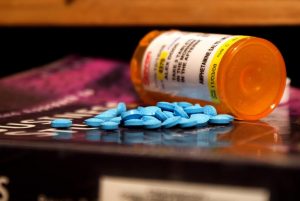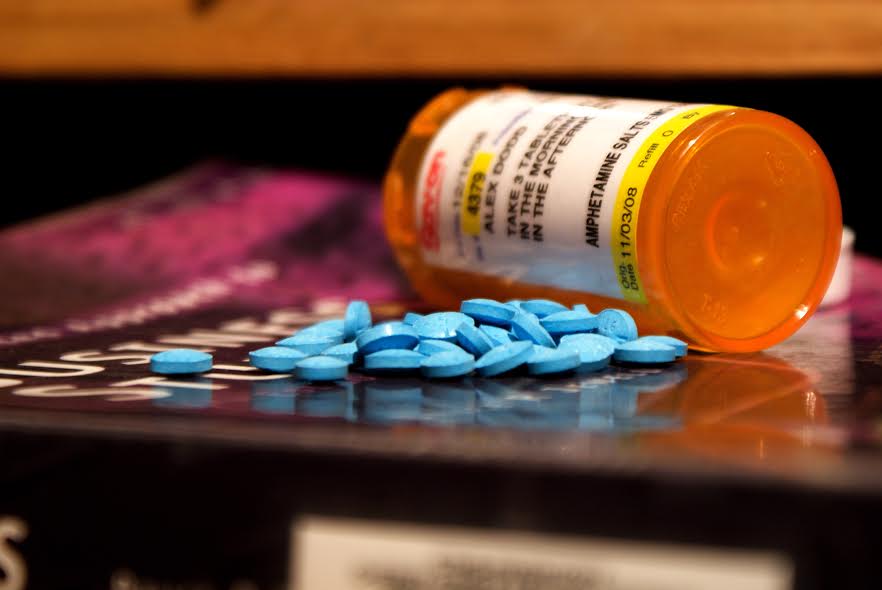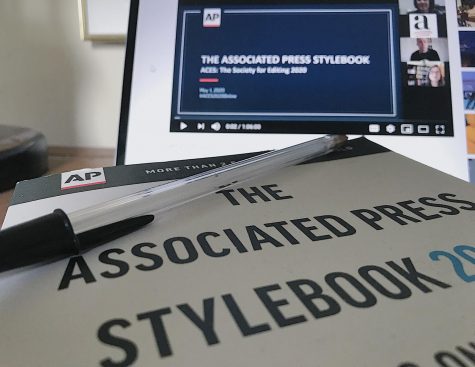Take Your Pills Denounces Amphetamine Based Medication
April 4, 2018
By Isha Khawaja
“Adderall, side effects may include being awesome at everything.”
The Netflix original documentary Take Your Pills looks at the nonchalant attitude towards prescription stimulants such as Adderall, Vyvanse, Ritalin and other amphetamine based medication while examining its ethical questions.
In this epoch of amphetamines, at what cost do we take these prescription drugs?
This documentary portrays the negative aspects of prescription drugs through the personal testimonies of college students, a software engineer in San Francisco and many more individuals.
Students in college and coders in the tech community share a common goal in attaining the effects of productivity: to fulfill an archetype that does not exist.
For college students, Adderall and Instagram make up the essence of a perfect student, testifies one student. The pill gives laser like focus and allows students to focus on their tasks at hand so intensely that they forget the whole world outside of the tasks, while Instagram portrays the social life that students want their friends to see.
A college student is under pressure to not only get perfect grades, but also to have a vibrant social life.
Nathanael, a software engineer, describes an archetype in the coding industry as someone who works 16 consecutive hours a day, each day creating flawless code. Everybody wants to be a person who can ‘do it all’, and Adderall helps him achieve that model in his career.
Performance enhancers allow people to fill that archetype and be their best selves. It is easier for a B+ student to reach to a A+ grades by taking a blue magic pill, and the pill gives coders the focus and energy they need to code for long hours in a day.
Many individuals’ reliance on Adderall expresses an unsaid expectation to perform at the highest capacity at everything you do in order to come out on top.
This unsaid expectation is even imposed on kids before they are born, and “everyone is required to understand themselves as a little bit of human capital,” says Dr. Wendy Brown, a political theorist at University of California at Berkeley.
The surge of anxiety over the human capital value leads parents to ensure that their kids go to the best preschools and have to bear the burden of the competition of standardized testing.
This underlying expectation leads to an insecurity of success in this generation of the workforce. Dependence on Adderall makes people better capitalists. It allows people to see with tunnel vision into a task without taking a step back to realize it is a never-ending competition.
If a student feels like they need Adderall to keep up in school, that person is likely to take it when entering the workforce to keep up with the demands of their job.
The documentary softly suggested that viewers look at the underlying reason on why they are taking the pill, but should have been more explicit about the systematic distribution and usage of the pill in the United States.
The documentary was also weak in expressing the insecurity of success in this generation of the workforce. People feel like they need to be their better selves, but the film failed to acknowledge how success is defined.
It commented on Adderall and the freehand use of prescription drugs in a negative light without offering a drug-free solution or alternative.
Moreover, there is an agency to produce by any means necessary in a hypercompetitive nation. Taking the pills submits to the short-term satisfaction of completing your work, and makes it easy to forget about the big picture when you are living from one assignment to the next.
Adderall encourages people to do whatever it takes to do their job better – even if that means sacrificing one’s mental and physical health.













If you want a picture to show with your comment, go get a gravatar.